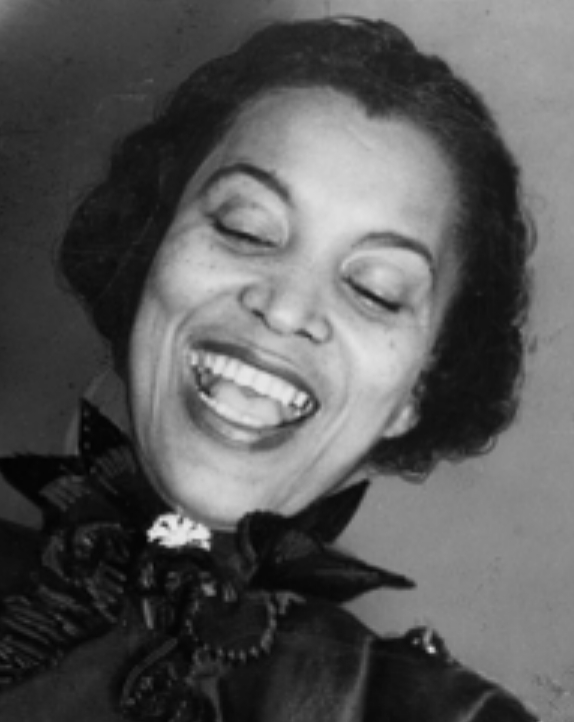On this date in 1891, writer and folklorist Zora Neale Hurston was born in Eatonville, Fla., the first all-black community to be incorporated in the U.S. Her mother was a country schoolteacher and her father a Baptist preacher who became three-term mayor of Eatonville. “My head was full of misty fumes of doubt,” she would later write. “Neither could I understand the passionate declarations of love for a being that nobody could see. Your family, your puppy and the new bull-calf, yes. But a spirit away off who found fault with everybody all the time, that was more than I could fathom.”
She was farmed out to relatives when her mother died in 1904. By 14 she had left town to work as a maid for whites. As a live-in maid she enrolled at Morgan Academy in Baltimore. She attended Howard University intermittently from 1918-24 while working as a manicurist and maid for prominent blacks. She moved to New York City in 1925 with “$1.50, no job, no friends, and a lot of hope,” into the midst of the Harlem Renaissance.
Her short story “Spunk” (1925) brought her notice. Fannie Hurst, author of Imitation of Life (1933), gave her a job. Another white patroness arranged a scholarship for her at Barnard College. Hurston graduated in 1928 and did graduate study at Columbia, where her talents caught the eye of an anthropology professor, who suggested she incorporate anthropology into her writing.
A commission by a wealthy white patron to collect folklore stymied her career, since the contract barred Hurston from writing. In 1933 she wrote her best-known story, “The Gilded Six-Bits.” Her first novel, Jonah’s Gourd Vine, debuted in 1934, followed by Mules and Men (1937), Tell My Horse (1937) and the classic novel, Their Eyes Were Watching God (1937). In all she wrote seven books plus her memoir Dust Tracks on a Road (1942).
Many of her short stories were published in magazines and anthologies. Hurston married three times but none of the marriages lasted. She was forced to take diverse “day jobs” to support her writing, from working as a drama instructor at North Carolina College for Negroes at Durham (1939), to working as a maid once again in 1950.
Writer Alice Walker revived interest in Hurston in the 1970s. A Hurston reader, I Love Myself When I am Laughing … and Then Again When I am Looking Mean and Impressive, was published in 1979. She was inducted into the National Women’s Hall of Fame in 1994. The Complete Stories came out in 1995.
She died of a stroke and heart disease at age 69 in a home for the poor and was buried in an unmarked grave in Fort Pierce, Fla. (D. 1960)

